France, Germany, and the Netherlands are all teaming up with Norway to pressure Apple into opening its iTunes music format for the sake of compatibility, according to news reports.
The stepped-up rhetoric began on Monday, when Norway's lead consumer ombudsman Bjoern Erik Thon imposed a deadline on the Californian company. The industry watchdog took Apple to task for limiting the use of songs bought from the iTunes Store to only its iPod player, demanding that the company broaden compatibility with other devices by October or else face court time and fines.
"It cannot be good for the music industry for them to lock music into one system," he said.
Thon also made the surprise revelation that France and Germany were now involved with forcing Apple's hand in the matter. The former country's UFC-Que Choisir and the latter's Verbraucherzentralen equivalent have quietly backed the attempt to loosen Apple's grip on the iTunes ecosystem, citing the same reasons of fair competition.
This news alone appears to have magnetized the issue and turned it into a popular cause, as the Netherlands' consumer protection agency said on Thursday that it would look into Apple's practices in its own country for the same reasons as its European and Scandinavian forerunners. Agency spokesman Ewald van Kouwen claimed to have been directly "inspired" by Norway's fearlessness and justified the Dutch response through common sense.
"When you buy a music CD it doesn't play only on players made by Panasonic," Kouwen declared. "People who download a song from iTunes shouldn't be bound to an iPod for the rest of their lives."
Apple has so far only begrudgingly acknowledged the mounting cases against it. The Cupertino firm told the Associated Press through its spokesman Tom Neumayr only that it was aware of the problem and that it hoped Europeans would promote a "competitive environment that lets innovation thrive," a not so subtle allusion to its belief that opening FairPlay would hurt iPod sales.
Norway first discussed penalties against Apple in August of last year. Denmark and Sweden have supported the cause since then, but were not joined by supporters outside of the northern territories until the recent announcements.
 Katie Marsal
Katie Marsal



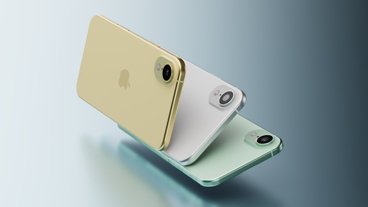
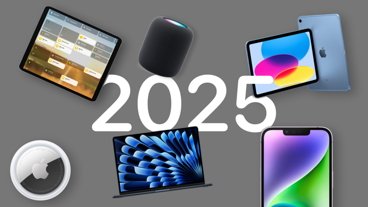
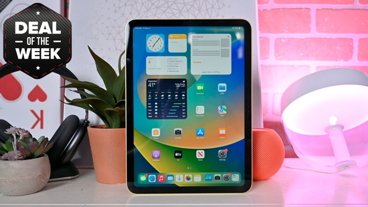
-m.jpg)






 Andrew O'Hara
Andrew O'Hara
 Charles Martin
Charles Martin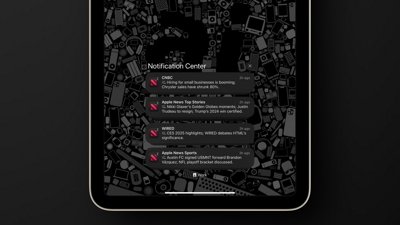
 Wesley Hilliard
Wesley Hilliard
 Malcolm Owen
Malcolm Owen

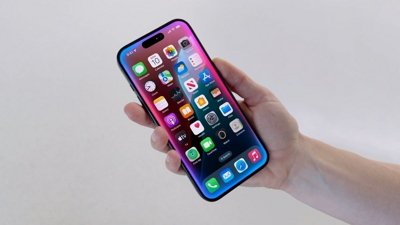
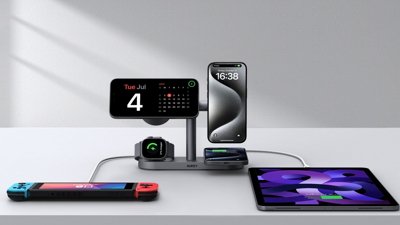









158 Comments
great news.
I'm not paying for songs that have built-in limits, while downloading Limewire songs or converting CD's to MP3 do not contain those limits.
DRM = punishing fair buyers = encouraging them to get songs the illegal way = bad for the industry including Apple.
People are buying more and more songs the legal way. The next step for Apple is to start trusting their (potential) customers.
Silly.
Clearly a result of strong lobbying...
Why not:
"People who buy Xbox games shouldn't be bound to an Microsoft gaming console for the rest of their lives."
Duhh.
(and you can still burn CD's (and even rip to mp3) from your iTunes library)
Silly.
Clearly a result of strong lobbying...
Why not:
"People who buy Xbox games shouldn't be bound to an Microsoft gaming console for the rest of their lives."
Duhh.
That is not an equivalent thing at all.
The reason you can't play an Xbox game on another console is because the Xbox represents a hardware platform that Microsoft consider to be state-of-the-art at the time of development to trade-off retail price, performance, and profits. Games then have to be written to target that hardware platform to obtain decent performance, and this requires considerable effort.
A music player on the other hand, is much more of a generic platform. Any player on the market is technically capable of decoding AAC (even if the manufacturers haven't implemented an AAC codec, they could if they wanted to), and therefore the only thing stopping them playing iTunes Store downloads is FairPlay DRM.
Whilst licensing FairPlay may do Apple some damage, it is difficult to deny that Apple being forced to licence FairPlay would be good for the consumer.
Eurotrash.
Interesting notion. It makes one wonder if Microsoft's DRM works with Apple iPods. If not then we might need to go after Microsoft next...